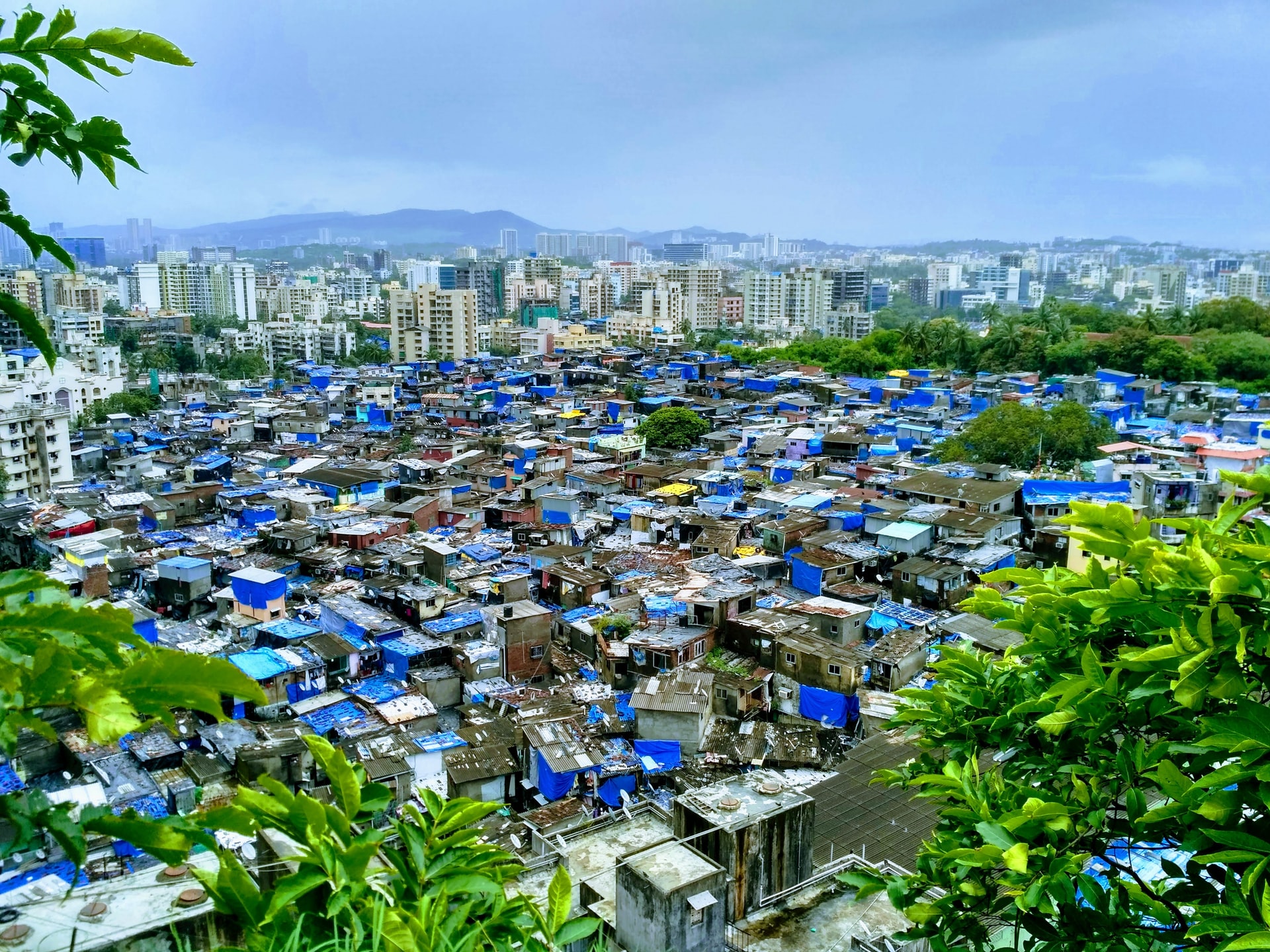Marginalized Communities and Resilience
Course Name: Marginalized Communities and Resilience
OCW type: PDP
Higher Education Institution: School of Planning and Architecture (SPAB), Bhopal

Description of course
Aim: The idea of this PDP was to develop a holistic understanding of how climate change affects the marginalized one in an urban environment. The course will sequentially explore the stages of analysis to compressively map the communities and their spatial relationship.
Course Objectives: To make professionals aware about Innovative urban practices that include co-design through existing networks and systems, community-based initiatives, ungendered design, and local governance to address the climate change and marginalized. The aim of this program is also to train the professionals for in-depth qualitative assessment of preparedness, communication, adaptability, and resilience in marginalized communities.
Learning Outcomes: Through a total of five lecture sessions, an attempt was made to cover the multidisciplinary perspectives addressing the placing of the marginalized communities in current discourse of climate change and resilience. The PDP addressed the marginalized communities in the background of homelessness, climate change, urban poverty, gender studies etc., highlighting the need for professional to find out and adapt to new practices of mapping, documenting the marginalized communities in cities and contextualizing the resilience as a strategy.
Course Structure
Course Duration: Five Days
Course Frequency: As per the demand.
Course Format:
The Programme was conducted through a combination of lectures, group discussions, work sessions, and 3 major assignments. The professional development programme covered the concept of urban resilience and marginalized communities. Through sharing of BreUCom case studies of SPA Bhopal, participants were introduced to various methods of qualitative, narrative methods of identifying and documenting the issues related to marginalized communities in both spatial and non-spatial contexts.
Course Content
Prerequisites for participation:
The PDP was designed for professionals, academicians and participants with a background from architecture, planning, science, economics, sociology. Members of govt. bodies and NGO’s working in the field of capacity building, disaster management and resilience, and planning also participated in this PDP.
Course Syllabus:
A total of 20 participants from various backgrounds such as planning, architecture, sociology, etc. participated in the programme. The resource persons gave special inputs on migration, poverty, and resilience, changed weather patterns & climate and its impact on livelihoods and resilience of the communities, and gendered vulnerabilities of homeless people. Participants responded to the assignments by making actor-network diagrams based on lectures and BreUCom case studies. They brought in the perspectives of their own cities and issues therein.
Course Assignments: Participants responded to the assignments by making actor-network diagrams based on lectures and BreUCom case studies. Last day of the programme saw presentations made by participants through posters designed on various selected themes.
Expected time spent on course:
Time spent in hours:
Time spent in ECTS (European Credit Transfer and Accumulation System):
Course Grading
Assessment Criteria and Distribution of Marks:
Not applicable, as no specific criteria were followed. However, inputs were provided to the participants to improve their works.
Course Evaluation
Evaluation Procedure & Criteria:
Based upon the common evaluation proforma prepared by WP4 leader institutes.
Faculty Evaluation:
Feedback attached and submitted for the course to WP3 and WP4 leader institutes.
Student Evaluation:
Based upon the common evaluation proforma.